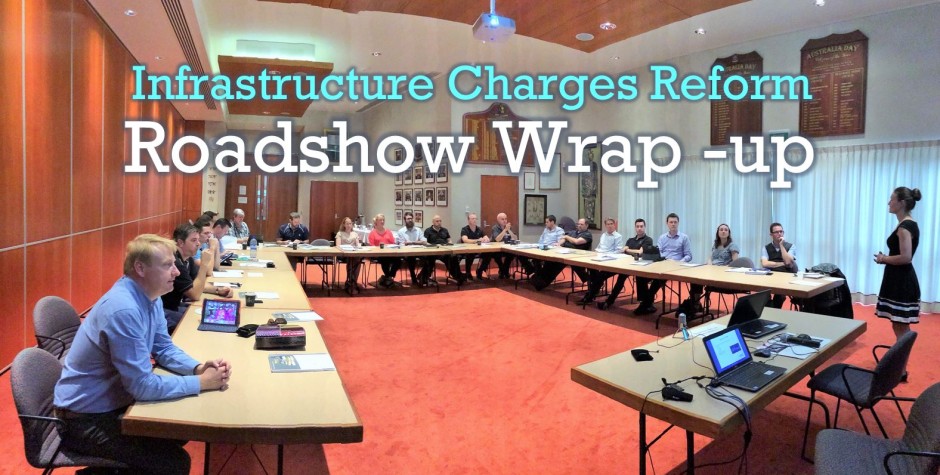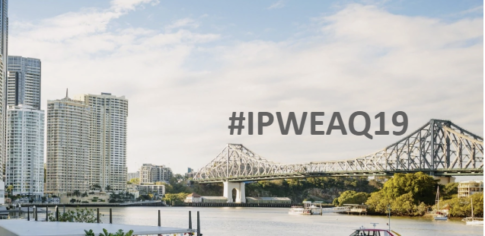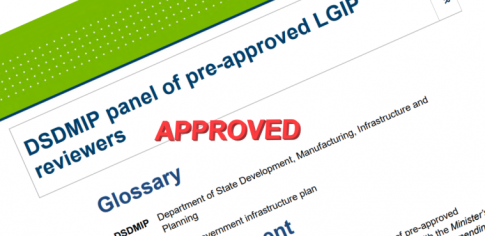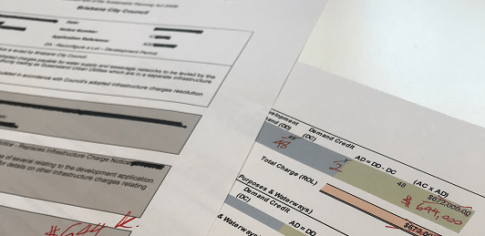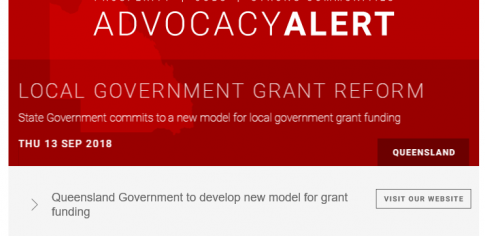The ‘Infrastructure Charges Reform – Implications & Tactics’ seminars held by Integran around Regional Queensland have had a tremendous turnout. The seminar provided Integran with the opportunity to further understand the issues faced by Local Councils in interpreting and implementing the new legislation and to share experience from Regional Areas with other Councils around the State.
Some Councils have already been very proactive in responding to the mandatory changes that came into effect on 4 July 2014 by:
– Updating their Infrastructure Charges Notices (ICNs) to state the details of any offsets and refunds, including timing of refunds;
– Amending the development approval conditions templates to specify the section of the Sustainable Planning Act 2009 under which a condition about infrastructure is imposed; and
-Preparing a template for the Information Notice that will now accompany the ICNs.
With 2014 quickly disappearing Councils have commenced replacing their existing Adopted Infrastructure Charges Resolutions (AICRs) with charges resolutions that comply with the amended Act. Although not due until 30 June 2015, new compliant charges resolutions are recommended to be put in place as soon as possible to replace the ‘default’ provisions that apply under Statutory Guideline 03/14 – Local Government Infrastructure Plans. These default provisions include trunk infrastructure criteria and a method for determining infrastructure costs.
Overall some of our findings from the seminars which still require further consideration and clarity from the State include:
-Ability to condition trunk infrastructure not identified in the LGIP and outside the PIA;
-Methodology problems for calculating the value of refunds where the cost of necessary trunk infrastructure identified in a condition is greater than the levied charge;
-Refunds to reflect actual costs solely at the discretion of the applicant through a recalculation notice.
As briefly mentioned in the seminar, Integran is working hard on finalising its CORR software – a user friendly model to meet the growing and complex need to manage infrastructure charges regimes in a responsive and auditable system. The model will reflect the desired outcome of the legislation which aims to bring together all facets of local government business, including land use planning, capital works, asset management and financial sustainability.
Thanks for all of those people who have attended the seminars. We look forward to continuing the discussion on our website as we all work through implementing the new legislation.

